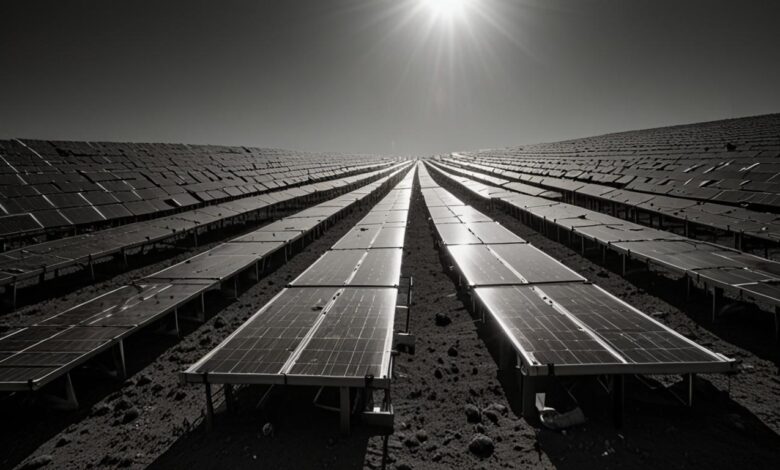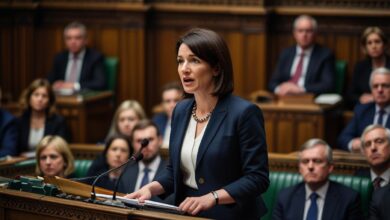Bharat’s Energy Sector Faces Challenges Amid Ambitious Decarbonisation Goals

Bharat anticipates significant energy demand growth, yet commits to net-zero emissions by 2070. Investments in green energy sources, coal mining reforms, and enhancing energy governance are key strategies amidst reliance on fossil fuels and high import dependencies.
Bharat faces significant challenges in the energy sector as it anticipates the largest energy demand growth worldwide over the next three decades. By 2050, Bharat’s energy consumption is expected to nearly double due to increasingly frequent and intense heatwaves. Currently, Bharat relies heavily on fossil fuels, with high import dependencies—87% for crude oil, 53% for gas, and 24% for coal.
The nation has committed to achieving net-zero carbon emissions by 2070, with short-term goals of reducing carbon emissions by one billion tons by 2030 and raising non-fossil fuel energy capacity to 500 GW by the same year. This will require investments of around USD 360 billion and diversification of energy sources, including green hydrogen, solar, and nuclear power.
Efforts to address the country’s energy needs include environmentally responsible coal mining and increased investment in the gas sector. Additionally, the “Power on the Rooftops” scheme aims to enhance access to electricity. However, state-owned Distribution Companies (DISCOMs) face financial instability due to high technical and commercial losses and insufficient state subsidies.
Renewables, including large hydro projects, currently account for nearly a fifth of Bharat’s energy generation, with solar power leading this segment. To meet carbon-reduction goals and achieve sustainable energy transition, Bharat plans to develop technologies such as battery energy storage systems (BESS), green hydrogen, carbon capture, and modular nuclear reactors.
The National Hydrogen Mission aims to position Bharat as a global hub for green hydrogen production and export, supporting industry, power, and mobility sectors. Meanwhile, Bharat’s nuclear energy output, currently at 3%, is much lower than other major economies, necessitating investments and policy evolution to scale up.
Addressing supply chain resilience and domestic investments, Bharat also aims to counter China’s dominance in essential green energy materials. A comprehensive national carbon market and enhanced energy governance through an integrated ONE Energy enterprise are proposed measures to ensure a balanced transition to a decarbonized economy. This approach combines carbon and non-carbon fuels and aligns Bharat’s energy policies with global green transition efforts.








